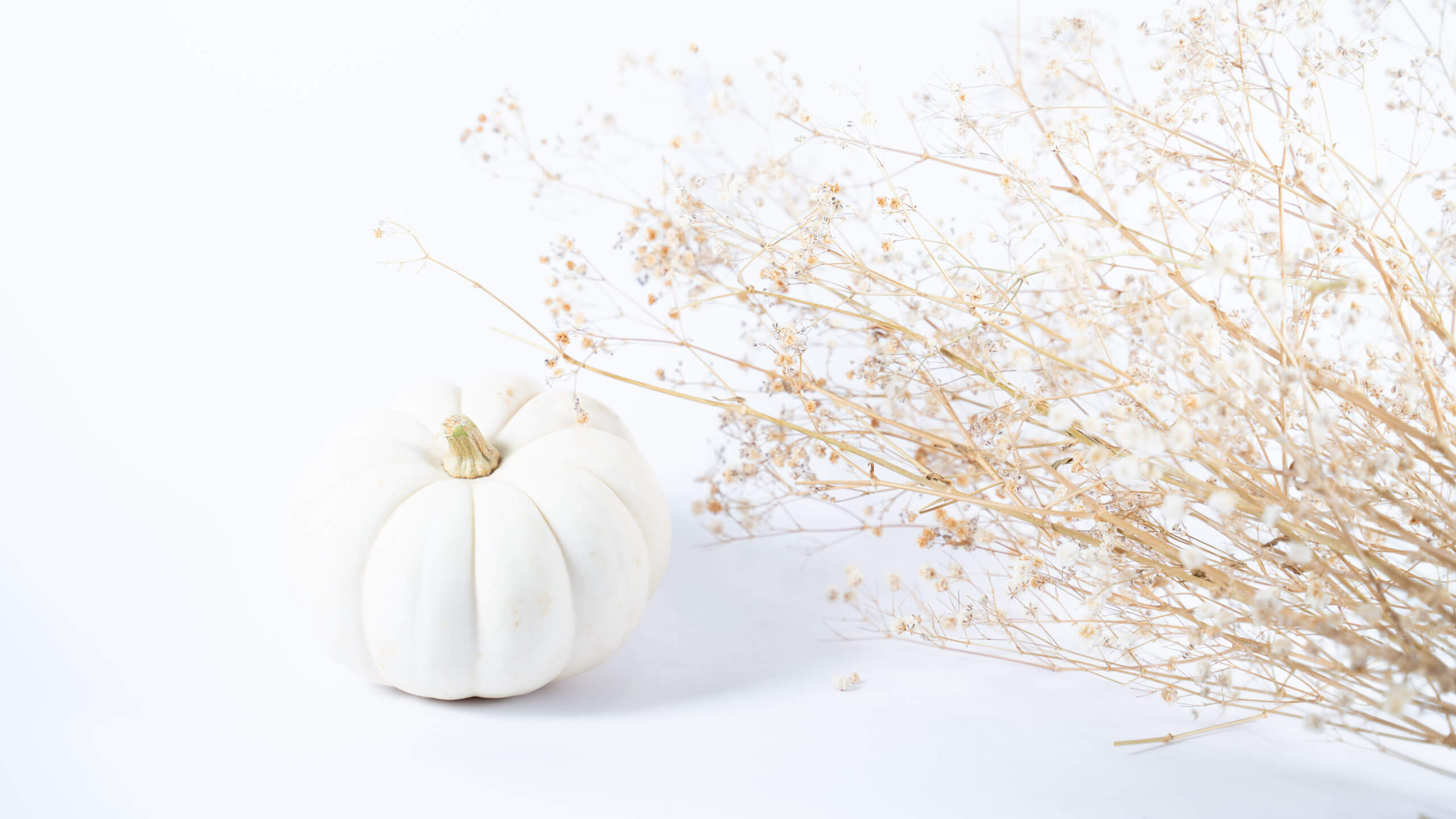In photography, artists continually seek new techniques to express their creativity and evoke specific moods or emotions. High-key photography is one such technique that offers a unique and striking visual aesthetic. This style is characterized by its bright, evenly lit images with minimal shadows, resulting in a clean and ethereal look. Let’s take a look at creating some high-key photography and explore the key elements and techniques required to create these images.
Understanding high key photography
High-key photography revolves around capturing a scene or subject with abundant light, giving rise to a predominantly bright and positive visual tone. Unlike low-key photography which emphasizes darkness and shadows, high-key photography aims to eliminate or minimize shadows to produce an almost surreal, dream-like atmosphere.
Key elements of high key photography
- Lighting: The foundation of high-key photography lies in achieving a well-lit scene. Natural light, such as a bright overcast sky or a diffused window light, can be an excellent starting point. Additionally, studio setups with softboxes, umbrellas or reflectors can control and manipulate light to achieve the desired effect. The key is to create even and diffused illumination that eliminates harsh shadows.
- Exposure: Proper exposure is critical in high-key photography. To create the signature bright and airy look, it is necessary to overexpose the image slightly intentionally. This can be achieved by adjusting the camera’s exposure compensation or manually controlling the shutter speed, aperture, and ISO settings. Experimentation and practice will help you strike the right balance, avoiding blown-out highlights while maintaining a bright tone.
- Background and Props: Choosing the right background and props can significantly enhance the high-key effect. Opt for light-colored or white backgrounds to seamlessly transition between the subject and the surroundings. This will help amplify the overall brightness and produce a clean, minimalist feel. Additionally, incorporating pastel-colored props can further accentuate the high-key look and add a touch of whimsy to your images.
- Subject and Composition: High-key photography is often associated with portraits, but it can be applied to various subjects. Experiment with flowers, still life, architecture or any subject that suits your creative vision. When composing your images, consider simplicity and minimalism. A clutter-free frame will allow the subject to take centre stage, emphasizing the ethereal beauty of high-key photography.
Post-processing techniques
Post-processing plays a crucial role in achieving the desired high-key effect. Software such as Adobe Lightroom, Capture One or Photoshop provide an array of tools to fine-tune your images. Here are a few post-processing techniques to consider:
- Adjusting Exposure: Fine-tune the exposure settings to achieve the ideal brightness while preserving details in the highlights and shadows.
- Highlight and Shadow Adjustments: Use the highlight and shadow sliders to fine-tune the tonal range and bring out the desired level of detail in your image.
- Contrast and Clarity: Gently increase the contrast and clarity to enhance your high-key photograph’s overall definition and sharpness.
- HSL and Color Grading: Experiment with the hue, saturation and luminance settings to achieve the desired color palette. Soft pastel tones often work well with high-key imagery.
How I got the image
While I am well-known for my dark and moody styled still life, macro and portraits, I also have a love of soft and dreamy or ethereal high-key images as well. I had a simple heirloom white pumpkin and dried gypsophila and wanting to capture some ethereal high-key images.
The setup


Camera settings
As I was using speedlights, there was no need for a tripod, however, I could have used one to free my hands up. I did place it on the table and captured my images from there. Using my Sony A7RIII and my Tamron 28-75mm lens, ISO100, focal length 62mm, f/2.8 and a shutter speed of 1/200 second to capture enough light and detail without completely blowing out my highlights. There is slightly more shadow on the right as the strip box was on more of an angle and pulled slightly further away than the one on the left. This created more shadow on the right of the pumpkin.
Post processing
I thought the image looked fabulous in post and the only thing I did in Lightroom was convert to Black and White and crop it slightly, that’s it.
High-key photography is a captivating style that allows photographers to convey a sense of lightness and purity in their images. By understanding the key elements of high-key photography and employing the right techniques, you can create stunning photographs that exude a dreamy and ethereal ambience. Embrace the beauty of light and explore the endless possibilities that high-key photography offers, and let your creativity soar.
Source link






Leave a Reply